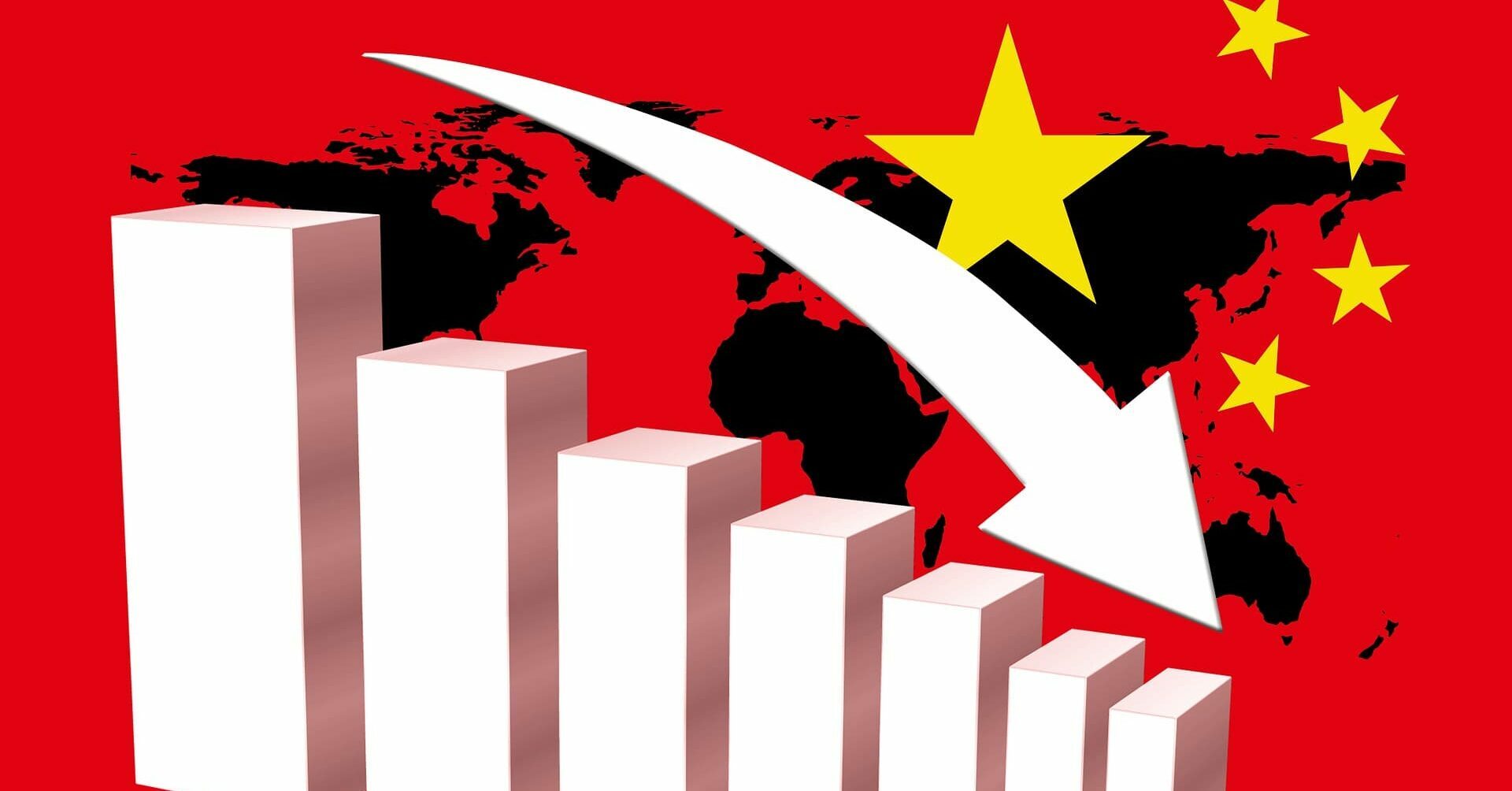Squid Game, Energy crisis, and the ‘Driving for Change’ initiative
31st Oct 2021
Frustratingly, when the BlytheRay team came together for our Strategy Day earlier this month only two of us had been watching the series that has been announced as Netflix’s biggest ever launch, otherwise it’s safe to say we would have spent a considerable amount of time discussing the Korean language thriller, Squid Game. It’s been so hyped, it is always tempting to a) avoid it or b) accuse it of being over-hyped, however, the two members of BlytheRay (and film review website, Rotten Tomatoes, if you need more convincing, which has rated it 91%) have agreed it is an unmissable, unpredictable, incredibly compelling watch. The series, which reached number one on Netflix in over 90 countries including Brazil, the UK and the US, has come with its fair amount of fanfare: the platform has been sued by South Korean Internet Service due to the increased internet traffic it received due to viewers clambering to stream the programme and one of the leading actresses, HoYeon Jung, received 18 million new Instagram followers in just one week, to name just two of the headlines it has received recently.
It has been impossible to avoid the UK’s energy crisis in conversations over the last month. After Covid-19 and Brexit dominating headlines, it was time for a new crisis to absorb public attention, and this time it was surging gas prices. The wholesale price of gas more than tripled the levels they stood at last year, as a result of a multi-pronged strike of depleted European stocks after a long winter, lower gas supplies from Russia, and high demands for Liquified Natural Gas from Asia, among other factors. When considering that the UK relies on burning fossil fuels for half of its electricity supply, the issue was compounded by maintenance on nuclear power plants, the shut down of a main power cable that supplies electricity from France and limited power from wind turbines due to low wind levels this year. The gas crunch was also worsened by the fact that the UK has a significantly smaller gas storage facilities than the rest of Europe and relies on imports from other countries.
The crisis has led to predictions that household bills will rise by 12%, supermarket shelves will be empty due to a lack of the dry ice needed to store meat products and the real possibility that some households will face the choice between heating and eating. Also in the news this month was a new service being developed by Change Please to help London’s homeless through repurposed buses that will provide direct support aimed at the 3,000 people a year who sleep rough. The project will provide GP consultations, on-site dental care, haircuts, showers, and help with setting up bank accounts and finding employment opportunities. The project, named ‘Driving for Change’ which will cost £22,000 per month to run, is aimed at addressing the barriers that can hinder people leaving the streets such as low confidence and low self-belief, factors which can be improved through the availability of showering facilities, haircuts and dental care; access to a bank account which allows them to claim benefits and rent accommodation; and health problems, which will also be addressed by this service.

 X.com
X.com LinkedIn
LinkedIn

